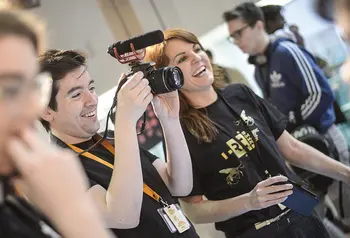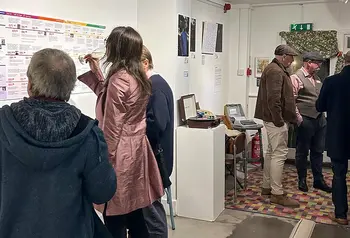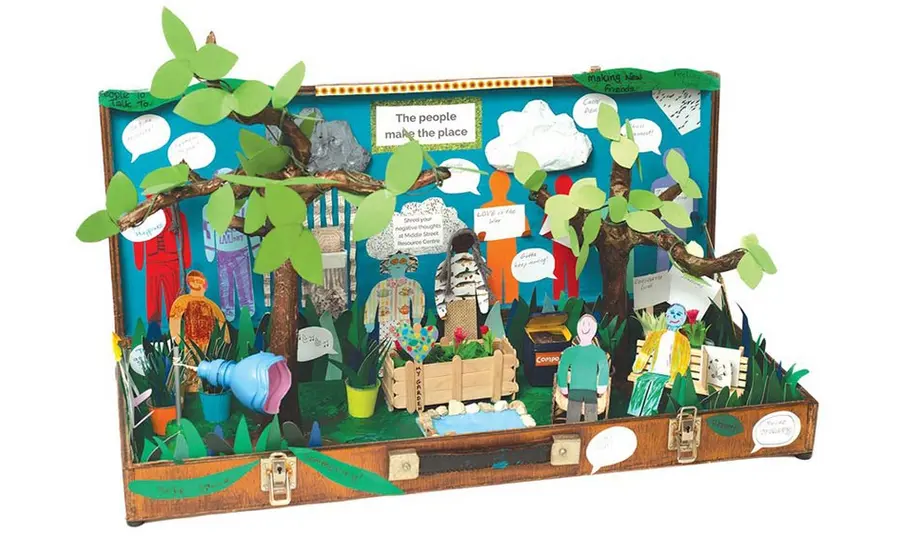
National Lottery Grants for Heritage – £10,000 to £250,000
The project
While the history of mental healthcare in Britain is well documented, the stories of people with lived experience of the system are often invisible. This project recorded the whole life histories of people who use Middle Street Resource Centre – rather than focusing solely on their illness stories – to humanise them and reduce the stigma surrounding mental ill health.
Participants included people who came to the centre as service users in the 1970s and are now group leaders and volunteers, as well as staff members who have worked there since the 1980s. Through remembering the past, they found shared identity and enjoyed creative expression and improved wellbeing.
The project's co-production approach offered participants the choice to have real power in the project, from beginning to end. Associate Professor Verusca Calabria, Project Lead, says: "We supported the people who use the day centre to take an active role in decisions about what heritage was recorded and how it was used – this required a lot of flexibility but benefited our project immensely."
Fears have turned into fun and the thought ‘I can’t do this’ has turned into ‘look what I’ve achieved’.
Project participant
The organisation
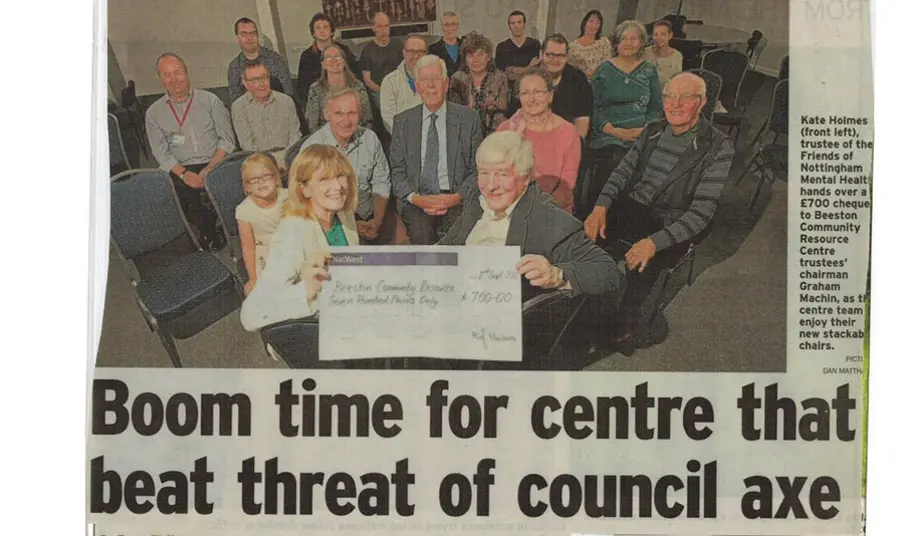
Middle Street Resource Centre opened in 1972 as a psychiatric day hospital. Well ahead of its time, the centre encouraged its users to help with decision-making and day-to-day activities. A public campaign helped save it from the threat of closure in the early 2010s.
Today it operates as an independent day centre, catering to the needs of people with enduring mental ill health. It follows a co-production model, which means that people who use the centre are equal partners in shaping how it operates.
The centre collaborated with the department of Social Work, Care and Community at Nottingham Trent University (NTU), who led the project.
The funding
We awarded £98,296 to support the three-year project, which enabled:
- training for volunteers and NTU researchers to gather 30 oral histories
- archive visits to learn more about the history of mental health care
- 15 artist-run sessions, creating objects including sculptures and memory boxes
- gathering memories using reminiscence, poetry, illustration and photography
- creating a documentary about the centre’s history, which was screened for the local community and at international museums and oral history conferences
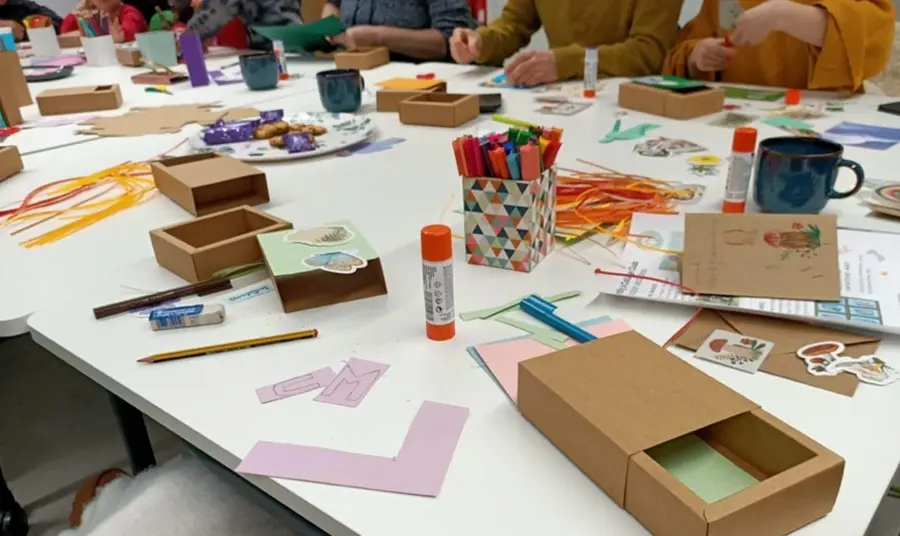
The material created during the project was shared online and at an exhibition which toured venues in Nottingham. Public events, workshops and talks were held to help audiences understand the centre’s story and broaden their understanding of mental health conditions.
The project also supported four paid internships for NTU postgraduate students, who developed professional skills and have since secured jobs in the heritage sector.
The results
The project benefited participants’ wellbeing, helping them develop confidence in trying new things and developing social connections.
One participant said: “I was nervous at first at the thought of a project and very unsure of what contribution I could possibly make. Fears have turned into fun and the thought ‘I can’t do this’ has turned into ‘look what I’ve achieved’.”
Discussing the centre’s history reinvigorated the community’s collective sense of place and identity. Dr Dale Copley, Project Heritage Officer, said: “Because we kept talking about what the Middle Street story can tell us about the history of mental health, that has provoked a conversation about what Middle Street is like now and what values go all the way through its history.”
Participants felt strongly that mental wellbeing was not talked about enough. The project’s touring exhibition and film provided opportunities for the public to learn about the realities of living with mental ill health. Audience surveys showed that public stigma around mental health had reduced.
No longer drifting
There is structure in my day
Someone might even miss me
If I stay away
I can hear the guitarist strumming
I find it lifts my mood
And I see a volunteer smiling
As he serves up the food
Cheese omelette on my plate
Friends who care
They help me feel connected
And thankful to be there
The Garden feels so peaceful
And not only flowers bloom
But friendship, hope and encouragement
Is found in every room.
By Fiona, project participant, courtesy of Nottingham Trent University.
The future
The centre recently received the King’s Award for its volunteer-led mental health support and providing a haven within the community.
Professor Calabria will broaden her work to international organisations and audiences, including collaborating with a European network of researchers on a toolkit sharing best practice for collecting healthcare histories. She is using the film created during the project to share what was achieved with the broader oral history and history of medicine communities.
Top tips for co-production projects
- Allow adequate time and resource to build trusting relationships with participants to ensure an equal partnership.
- Be flexible and inclusive in response to participants' needs – different people will want to engage in different ways, don’t force a single or rigid approach.
- Consider the impact of your project on staff, volunteers and participants, and have adequate emotional support available – revisiting the past isn't always a happy experience.
- Be ambitious about the positive change your project can make to participants' wellbeing and sense of identity and build in evaluation from the outset to capture that change.
